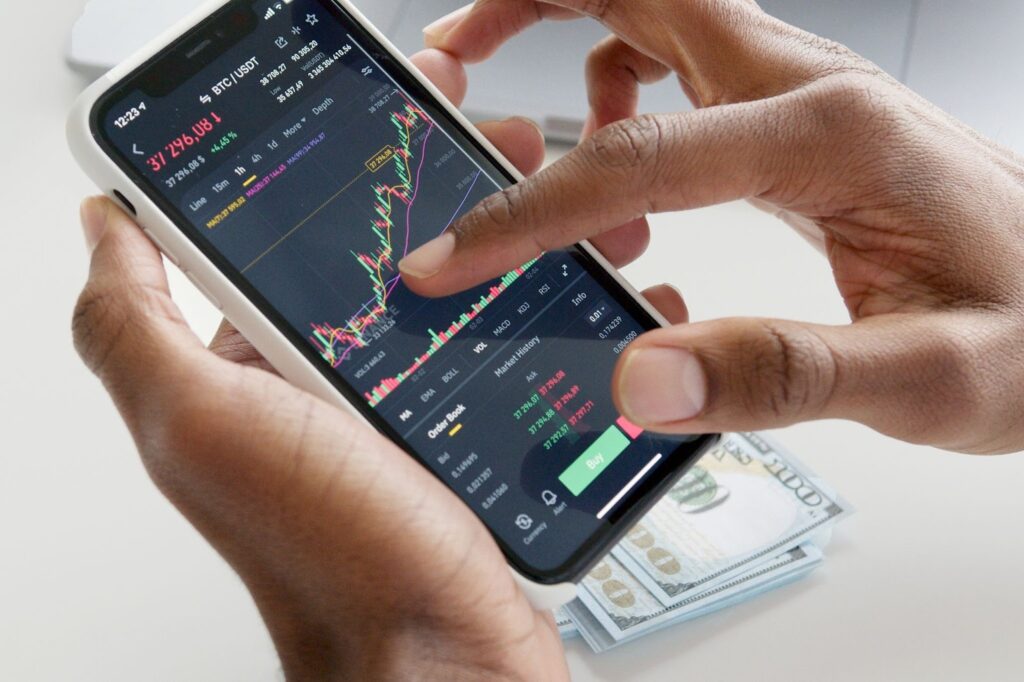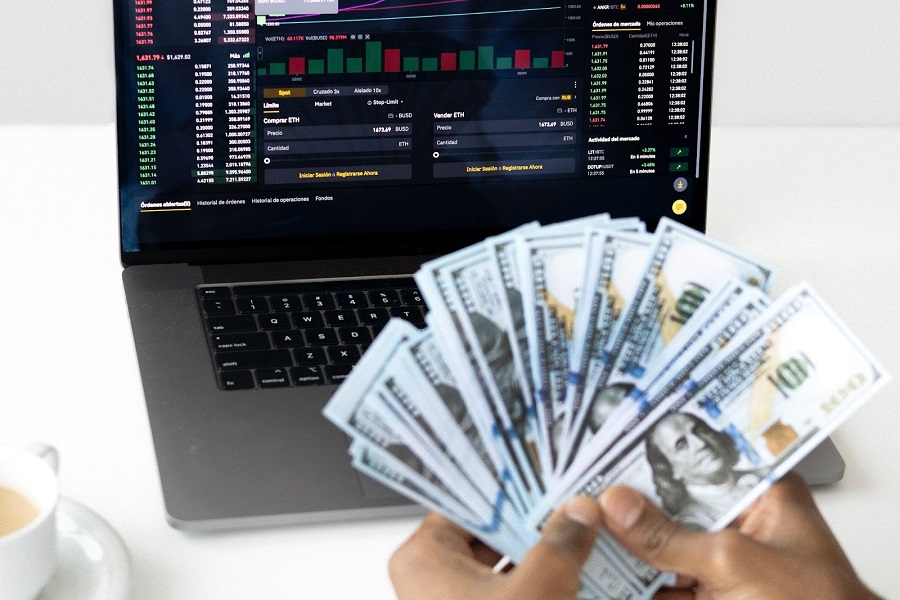Activity on the Nigerian Stock Exchange does not measure up to the number of Nigerian stock investors. Nigeria has Africa’s largest economy, with nearly $500 billion in GDP, but the stock market cap accounts for only roughly 15% of the pie, or $63 billion. This is not to say that Nigerians are not keen on investments. Rather, young investors have been observed flocking to the more viable dollar and Yuan markets.
Activity on the Nigerian Stock Exchange does not measure up to the number of Nigerian stock investors. Nigeria has Africa’s largest economy, with nearly $500 billion in GDP, but the stock market cap accounts for only roughly 15% of the pie, or $63 billion. This is not to say that Nigerians are not keen on investments. Rather, young investors have been observed flocking to the more viable dollar and Yuan markets.
Why the Nigerian stock market lacks investment from locals.
Market size matters in the world of stock trading. A large market enables participants to trade multiple instruments and earn high returns, deepening the economy and promoting growth. Regrettably, the Nigerian stock market is far too small for the size of the GDP. Less than 200 companies are currently listed on the Nigerian Stock Exchange, which deters potential investors. Many businesses have been prevented from going public on the NSE due to stringent monetary policies.
Other emerging stock markets are performing better. Take South Africa, for example, the second-largest economy on the continent. Its stock market cap of $1.23 trillion exceeds its GDP of roughly $410 billion, indicating an overvaluation but a very impressive performance.
Currently, public opinion points to the fact that Nigeria seems unprepared for stock investments because there was no market for people actively looking to buy stocks, and the current systems and processes for both investors and companies do not reflect the economy’s readiness. Also, economic unpredictability, like the Naira’s freefall, has caused young investors to shift their investments to more developed economies.
The US Stock market appears more viable.

The United States has the world’s largest stock exchange, namely the NYSE. It is also very diverse, allowing trading of not only conventional stocks but also a wide array of securities like ETFs, CFDs, and speculation on indices. S&P 500 futures can be used to speculate on future price changes and buy an investment at a specific price and a specific future date. The U.S. stock market has proven a more natural option for Nigerian investors seeking assurance and value for their money.
Aside from the fact that the dollar is one of the strongest currencies in the world, one of the main draws of the US stock market is the ease of investment. There are fewer legal restrictions forbidding foreigners from investing or demanding the use of paper stock certificates. The majority of stock ownership is documented digitally. All that is required is a funded brokerage account and basic investing knowledge, including the skills to research the markets properly.
Currently, many Nigerian startups are making it easier for Nigerians to transact business on global equity markets. Nigerians can trade stocks, bonds, and futures on their mobile devices thanks to the brokerage services offered by these fintech outlets. Bamboo, Rise, Trove, and Chaka are some of the top names on the list. Because of the unfavorable Naira/dollar exchange rate, they allow fractional investments and work with American brokerage firms.

